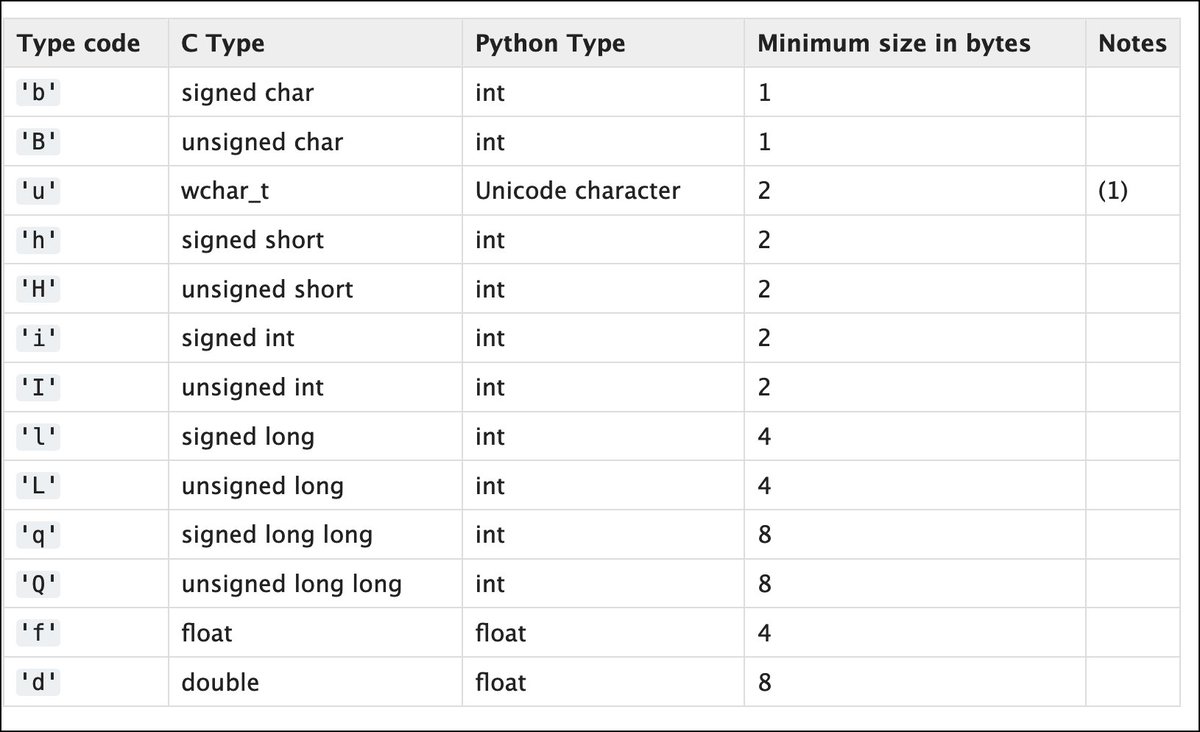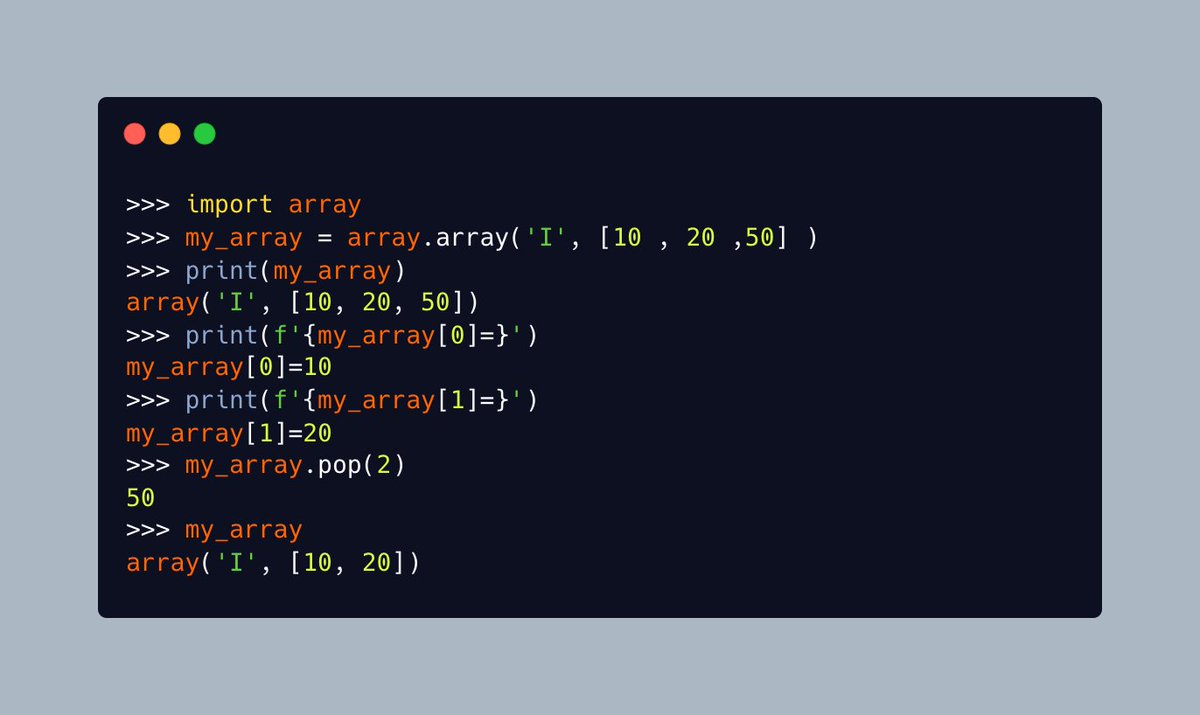
#Python includes several different ways to sort things. One handy way to sort is to use the built-in `sorted()` function!
Let's learn about that today!
#python_builtins_by_driscollis
🧵🐍👇
Let's learn about that today!
#python_builtins_by_driscollis
🧵🐍👇
The `sorted()` function takes in an iterable and a couple of optional arguments.
In this example, you pass in a Python list and sort it from smallest to largest.
Then you set the optional `reverse` argument to True and sort from largest to smallest! 🐍🔥
In this example, you pass in a Python list and sort it from smallest to largest.
Then you set the optional `reverse` argument to True and sort from largest to smallest! 🐍🔥

The `sorted()` function also takes an optional `key` parameter. This parameter is a function that is used to modify the sorting behavior.
In this example, you use `str.lower()` to sort the words of a sentence. It will compare all the words in lowercase while sorting.
In this example, you use `str.lower()` to sort the words of a sentence. It will compare all the words in lowercase while sorting.

This last example shows how to sort a list of tuples. You can use the optional `key` parameter to sort by different items within the tuple using a `lambda`
In this case, you sort by student age!
Note: This example comes from the Python docs: docs.python.org/3/howto/sortin…
In this case, you sort by student age!
Note: This example comes from the Python docs: docs.python.org/3/howto/sortin…

Thanks for learning about how to use Python's `sorted()` function with me.
Follow me for more great tips on #Python!
Follow me for more great tips on #Python!
• • •
Missing some Tweet in this thread? You can try to
force a refresh












